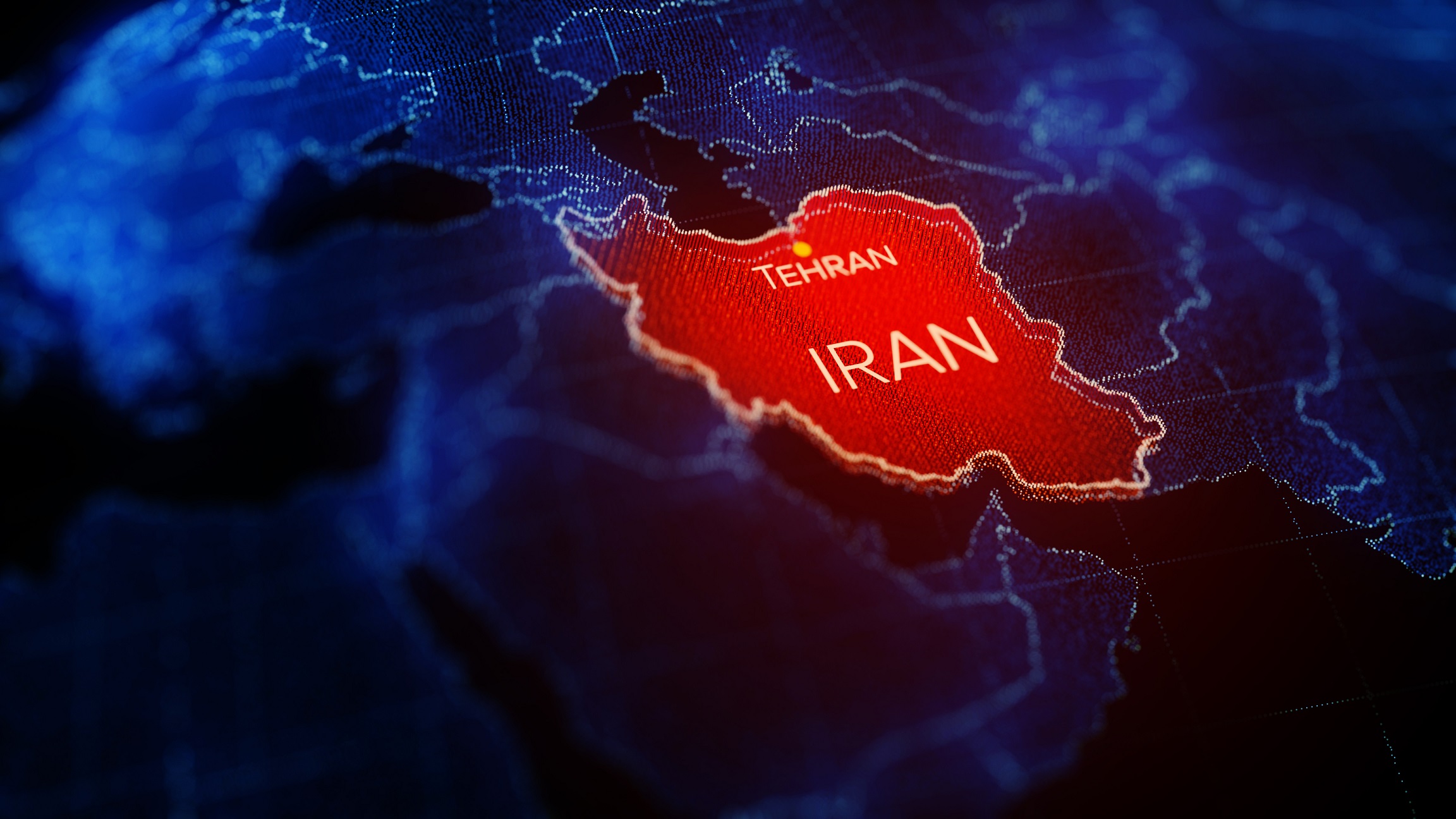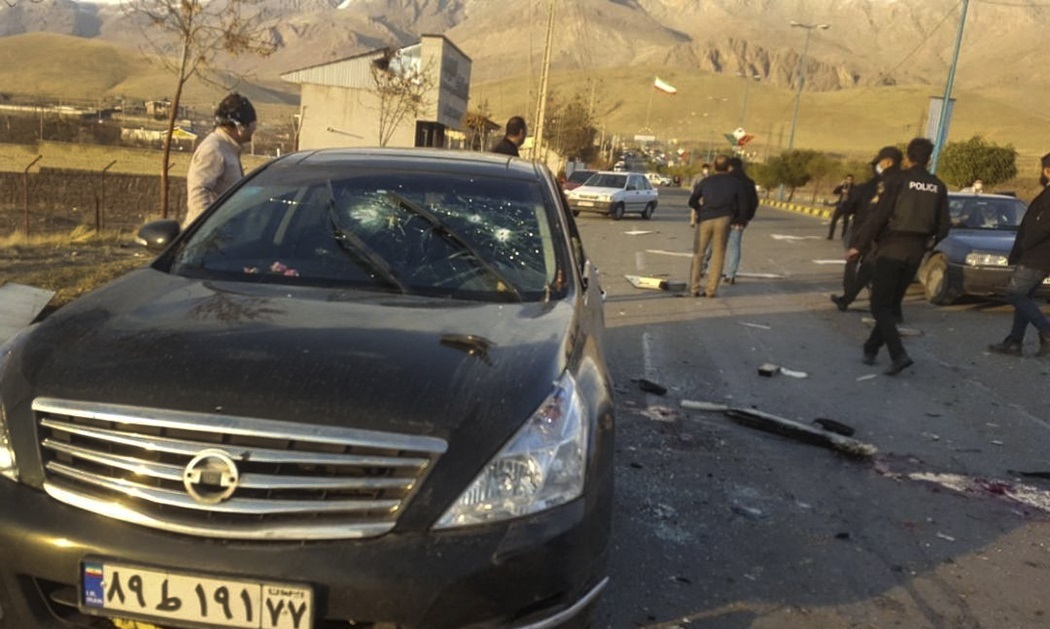Yoram Schweitzer, Anat Shapira, Sima Shine

Over the past two years, about 13 terrorist attacks by Iran’s Revolutionary Guards Corps (IRGC) against Israeli and Jewish targets were publicly revealed and foiled on four continents. In addition, attempts to attack former senior officials in the US administration and Iranian opposition targets in New York and London were thwarted. These events point to Iran’s focused activity in the use of terrorism in the international arena without being deterred by the results of this activity. Prominent in these events is the use of assassins and squads composed of foreign citizens with local assistance, which allows Iran plausible deniability. The brazen stance of IRGC operatives, with the approval of the Supreme Leader, reflects Iran’s intentions to avenge and even deter Israel and the United States from what Iran identifies as their aggression against it, and at the same time to deter exiled Iranian opposition members living in Western countries from their growing criticism of the regime in Tehran.
Iranian Activity against Jewish and Israeli Targets Abroad
Since the assassination in Tehran on November 27, 2020, of Mohsen Fakhrizadeh, the head of Iran's military nuclear program, which the regime attributed to Israel, Iran has run an ongoing terrorism program against Israeli and Jewish targets spanning four continents – Asia, Africa, Latin America, and Europe. From January 2021 to December 2022, about 13 Iranian attempted attacks against targets identified with Israel were reported, including diplomatic missions and diplomats, businesspeople, and tourists. The attacks were carried out at the initiative, management, and direction of specific units in the Quds Force of the Revolutionary Guards and the Ministry of Intelligence who recruited and operated Iranian agents alongside local recruits, some of whom have a criminal background, to murder Israelis and Jews, in exchange for financial and other benefits. It is evident that Iran preserves for itself room for public denial by using local operatives with dual citizenships, in particular in the execution stages of the operations, alongside ensuring involvement in the information gathering and logistical support stages.
During 2021, Iran tried to carry out about seven operations against Israel, primarily in countries in Africa and Asia, where it enjoys easy access for establishing an infrastructure to carry out terrorism, and where its people or agents have already operated in the past, such as: Ethiopia, Tanzania, Ghana, Senegal, and India. Attempts were also made in Western countries such as Cyprus.
In January 2021, an explosive device was detonated near the Israeli embassy in New Delhi; that same month, Quds Force squads in the United Arab Emirates that planned to carry out attacks against tourist destinations and businesses popular among Israeli tourists were arrested. In February 2021, a terrorist cell in Ethiopia operated by Iran that collected information on the Israel and United States embassies and intended to launch an attack on the embassy of the United Arab Emirates in Addis Ababa was exposed; weapons and explosives in the possession of cell members were seized. In June 2021, a plot to attack two Israeli businessmen in Colombia by two Colombian citizens who were recruited by a Quds Force member was thwarted while he was detained with them in Dubai. In September 2021, a plot by a mercenary recruited by the IRGC and aided by a local logistics cell to attack Israeli businessmen in Nicosia was foiled. In November 2021, a squad recruited and operated by the Quds Force of the Revolutionary Guards that planned to launch attacks against Israeli tourists in Tanzania as well as against Israeli businessmen and Jewish and Israeli centers in Senegal and Ghana was arrested. That same month, an Iranian intelligence officer was arrested in Kenya on suspicion of planning to activate a local cell to carry out attacks against Israeli interests in the country.

In 2022, Iran continued to try and carry out high-quality terrorist attacks against Israeli and Jewish targets, but it was evident that the emphasis shifted to European countries, using mixed squads of Iranian agents alongside those with dual citizenship or local activists in most of the operations.
In February 2022, an attack on Yair Geller, an Israeli businessman living in Istanbul, was foiled, following the arrest of a squad operated by an Iranian intelligence officer who was not caught. In April 2022, following the arrest and interrogation in Iran of a recruit of the Iranian intelligence by a unit of the Israeli Mossad during the last quarter of 2021, the foiling of an attack in Turkey on the former Israeli consul in Istanbul, probably during 2021, was reported. In June 2022, the intention of a combined squad of Iranians and Turks operated by the Quds Force to harm some Israeli tourists was foiled in a joint operation by Turkish and Israeli intelligence.
In November 2022, news was published about the foiling of an attempt by the Quds Force to attack Itzik Moshe, a Georgian Israeli businessman living in Tbilisi, by a Pakistani mercenary with the help of Pakistani aides with ties to al-Qaeda and an Iranian-Georgian unit that provided logistical assistance to the assassination operation. That same month, members of a local squad belonging to the Hell's Angels gang tried to damage Jewish community institutions in Dortmund, Bochum, and Essen in Germany by throwing a Molotov cocktail and shooting at a building that was formerly used by the community's rabbi and is now used as a research institute. The cell was operated by Iran through a German Iranian gang member who escaped and found refuge in Iran. The details of the operation became known when one of its members, who was assigned to set fire to a local synagogue in Dortmund, turned himself in.
In December 2022, it was reported that the Quds Force intention to attack American targets and the Chabad house in Kinshasa had been foiled. The plan was to be carried out by a terrorist cell with a Pakistani operative who was a key figure in the planning of the attack, under the direction of two Iranian agents.
Iranian Activity against Iranian Exiles and Former US Administration Officials
In his remarks at a recent conference on Iran at the Institute for National Security Studies (INSS), the head of the IDF Intelligence Directorate, Maj. Gen. Aharon Haliva, turned the spotlight on Iran's aggressive behavior in the international arena, beyond the nuclear field and its known involvement in four arenas in the Middle East (Lebanon, Syria, Iraq, and Yemen), and focused, inter alia, on terrorist actions thwarted in Britain and the United States. This Iranian activity intended to carry out terrorist acts against London-based Iranian journalists from the opposition website Iran International. Strengthening and expanding the credibility of the information was a statement by the head of the British MI-5, who revealed in a public speech that in the past year there were about 8-10 attempts to carry out terrorist attacks against Iranians on UK soil. An attempted attack planned by the Revolutionary Guards in the United States was revealed in August of this year, when an assassin employed by the IRGC tried to assassinate or kidnap Masih Alinejad, an Iranian journalist and human rights activist who challenges the Iranian regime, from her home in New York. That same month, it was also revealed that the Revolutionary Guards agents intended to assassinate John Bolton, formerly United States ambassador to the United Nations and head of the National Security Council; there was also intelligence on a possible attack against former Secretary of State Mike Pompeo that led the administration to attach personal security to both of them. In August, author Salman Rushdie was stabbed and seriously injured during a lecture in New York by a Lebanese civilian living in New York, and although there is no evidence of active Iranian involvement, it is clear that Iran is vicariously responsible for the attack on the exiled author due to the fatwa issued in 1989 by Imam Khomeini, which led to many attempts on Rushdie’s life.
In conclusion, the Iranian desire to exact a price from Israel for the attacks attributed to it on Iranian soil continues. The fact that Iran has failed in its many attempts to carry out terrorist attacks against Israeli and Jewish targets abroad will not lessen its resolve, and these efforts will continue in the future. This requires focused intelligence, vigilance, and cooperation with local security services, which so far has proven itself and prevented casualties, but is certainly not foolproof. The recourse to terrorism against Iranian opposition elements in the West in the international arena is also likely to continue. It seems that this increased activity reflects the internal distress felt by the regime in the face of the riots underway in Iran, its reaction to the Western countries opposing its active support for Putin in the crisis in Ukraine, and perhaps its desire to deter the Western countries from intending to formulate joint action against it, in the context of its progress in its nuclear program.
It is evident that Iran does not hesitate to defy the laxity evinced by the Western countries in response to its actions and that it has not stopped using terrorist weapons in the international arena while blatantly violating their sovereignty and risking the lives of their citizens as well, while being prepared to murder foreign tourists and businesspeople, and even harm foreign missions and representatives on their sovereign soil. This is an opportunity for Israel to expose the danger that Iran poses to the security of the international community, and not only to Israel, and to underscore the threat that Iran poses, both in the nuclear field and to regional stability in the Middle East and the Gulf. The attempts to attack senior administration officials in the United States in addition to attacking opposition elements in the Western countries with growing boldness require a decisive response from the Western community. It is only thanks to effective countermeasures and intelligence cooperation with Israel that the reach of Iran's arm has not yet been felt.
No comments:
Post a Comment